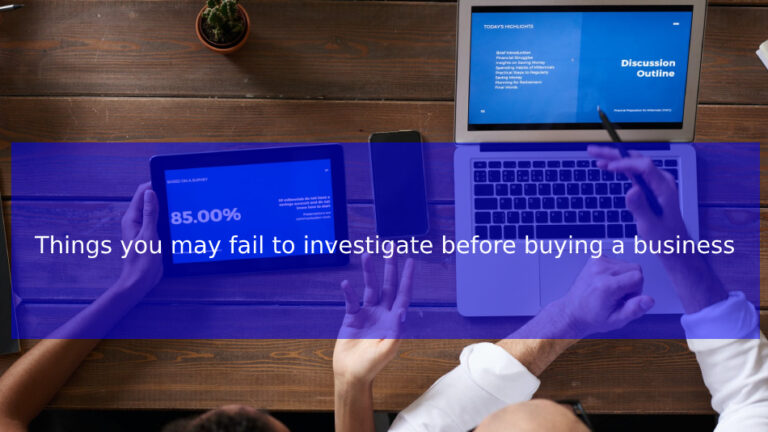As a business owner, you may need clarification about whether or not to have cybersecurity for your business. Unfortunately, 90% of business owners consider it an expense and neglect to prioritize it over other items on the list. But, after reading through this article, you will know what cybersecurity is, how it plays a vital role in seamlessly running your business operations, and ultimately, why you must not neglect it and rather invest in it in the first place.
What is cybersecurity, and what are its elements?
Cybersecurity is simply protecting your internet-connected data systems. In other words, it is securing your data, data systems, hardware, and software from cyber threats, malicious activities, etc. When it comes to business cybersecurity, it means protecting every user’s or employee’s sensitive data in the organization.
Over the last few years, cyber threats have evolved. And so do the cybersecurity elements. Some of the major elements that every business has to focus on are:
- Cloud or Data Security
- Network Security (including physical security)
- Application and Operational Security
- End-user awareness of cyber threats
- Critical cyber disaster management
- Continuous monitoring
Why is cybersecurity instrumental for your business?
While you know that cybersecurity protects your business’s confidential data, the true benefits of cybersecurity are far more than you can imagine. Yes, it can help your business in terms of:
- Data protection
- Regulatory compliance
- Competitive advantage
- Brand trust
- Precautionary success
- Data Protection
The notion of a malware or ransomware threat is to attack your system files or software and provide undesired access to hackers. Phishing will target your data systems by sending fraudulent emails or texts. Apart from this, your business may experience attacks from insiders (humans), DDoS, APTs, XSS, etc. You can proactively safeguard your business’s data from these many kinds of cyber attacks when you have a proper cybersecurity infrastructure.
Did you know? According to techopedia.com malware data for 2023, around 0.3 million malware instances are generated every single day.
- Regulatory Compliance
As per the business’s regulatory board and its standards, any company abiding by the regulatory board had to set up its cybersecurity systems to secure its customer data. Non-compliance by a company may result in severe penalties, which would be a huge cost to the company.
- Competitive Advantage
Organizations that have a solid cyber security system need not worry about cyber threats or attacks anymore in their network and data systems. This enables them to focus on the business’s core operations instead of responding to the data breaches. Hence, organizations that prioritize cybersecurity can enjoy a competitive advantage over their competitors.
- Brand Trust
From a customer’s perspective, a company that’s cyber-secured earns the most trust. Because the customer is satisfied and confident in the confidentiality of his or her data. This increases both trust and loyalty towards the brand. And when one customer spreads good word of mouth, it’s a big boon to the brand.
- Precautionary Success
The consequences of cyber threats are indeed devastating. Some threats may steal sensitive data and manipulate the tenders, which affects the business. Some threats may cause operational disruption. This results in the total collapse of the company in terms of product delivery, reputation, customers, etc.
“Yes” or “no” to cybersecurity?
With the day-by-day increase in cybercrime, the dark web, and hacking, cybersecurity is turning out to be a quintessential component for any business. Also, as the world of business is moving toward Industry 5.0, IoT and cyber security systems have become basics. So, as a business owner, you must always say “yes” to cybersecurity and “no” to cyber threats.
Information is wealth. Also, information is a risk in today’s advanced world. So, save yours now!



